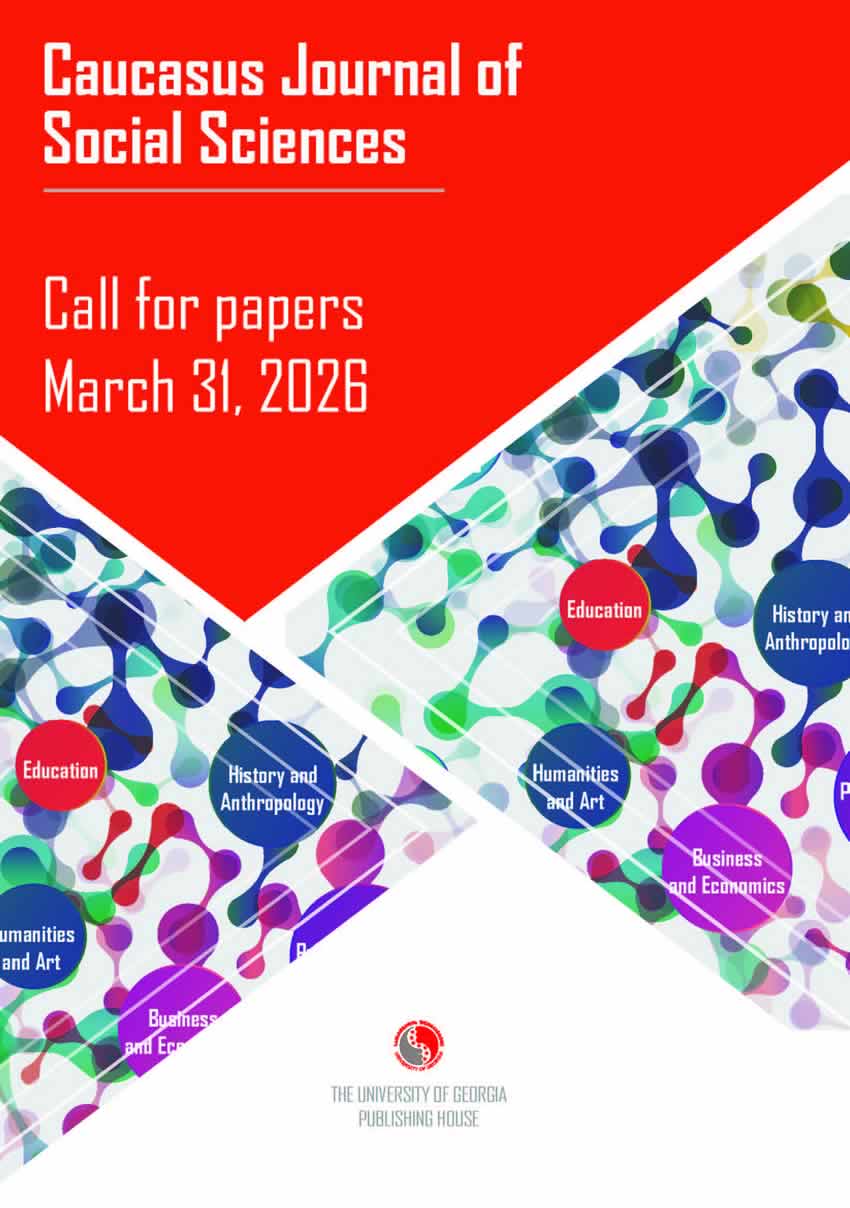Problematic Issues with Hermeneutics in Law
DOI:
https://doi.org/10.62343/cjss.2018.178Keywords:
Hermeneutic approach, Law, JurisprudenceAbstract
This paper deals with problematic understanding of legal texts. Hermeneutic
approaches are reflected in various opinions regarding the understanding
and interpretation of the text. The interpretation is presented
in light of the research from both legal and philosophical sciences. The
views of lawyers and philosophers of continental Europe as well as common
law systems in relation to hermeneutics are analyzed.
The actuality of the issue is due to the fact that the problem discussed in
the jurisprudence is not yet solved. There is no uniform approach to the
issue; the principles set out in action are not explicitly defined. There is
no unified strategy. All this creates difficulties in the implementation of
practical activities.
In the presented work the establishing of principles is given special importance.
Understanding the text as the main goal of Hermeneutics is set
as the unity of the two processes. First of all, it is the correct understanding
of the will expressed, and then the correctly perceived will be passed
to whom this norm is directed to. These two processes should be harmoniously
interconnected so that an interpretation can be achieved with the
desired goal and the text will not add new vagueness.
The article discusses subjective and objective theories of comprehension
and their positive sides as well as their shortcomings. The focus is on the
goals of Hermeneutics and the tasks that should be carried out by the text
interpreter. Hermeneutic activity is presented as a synthetic connection
of the three elements that are considered: the author of the text, the text
itself, and the subjective subject.
In conclusion, it is suggested that since the importance of the text in the
jurisprudence is given special attention, the goal of interpretation must
match the goals of the law. The objectives of the law are based on social
aspirations and their will, and therefore the principles of interpretation
should be determined based on the will of the public.
Downloads
Published
How to Cite
Issue
Section
License
Copyright (c) 2023 Giorgi Loria

This work is licensed under a Creative Commons Attribution 4.0 International License.
In case an article is accepted for publication it is allowed to combine the article with other research, to conduct new research on the article, or to make different arrangements on condition that the same license is used including commercial purposes.
As an author of an article published in the Caucasus Journal of Social Sciences, you retain the copyright of your article and you are free to reproduce and disseminate your work.











